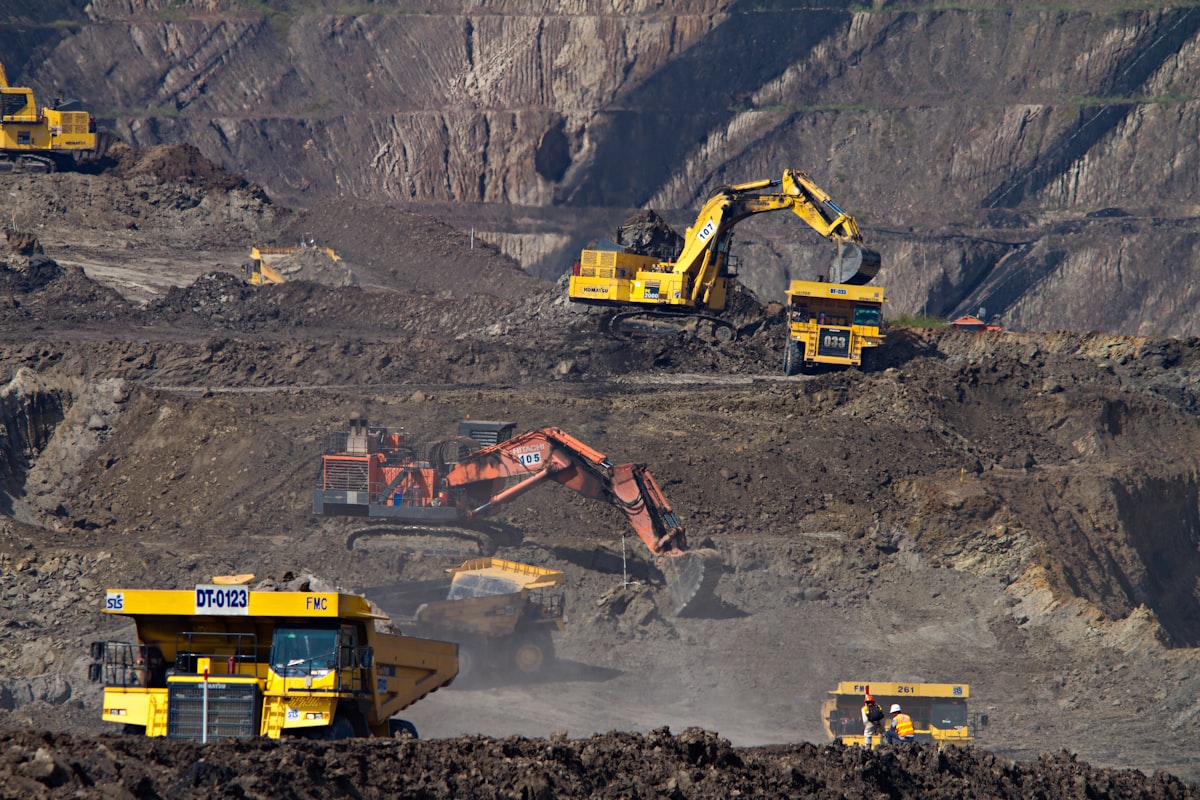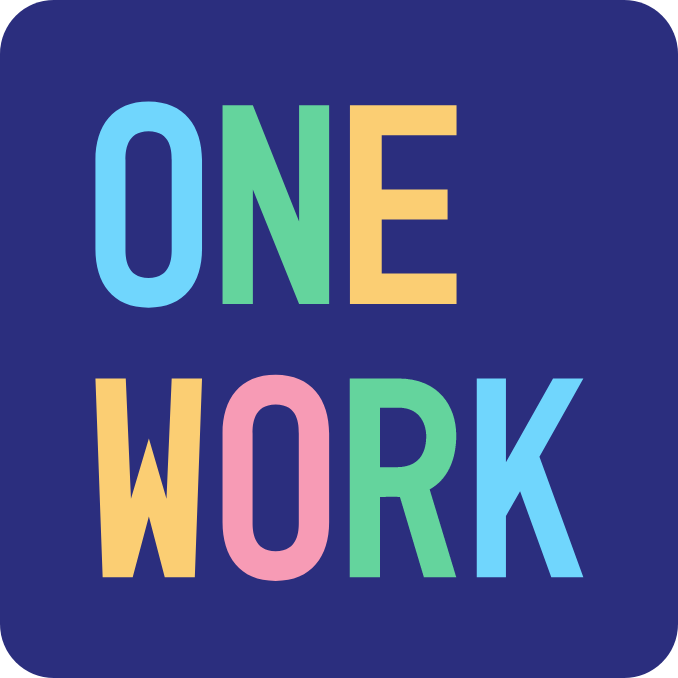Impactfully No. 80: Back to Black
Bank of America rolls back its restrictions on funding coal projects, and scientists research ways to make urban farming more sustainable.

Urbanization is on the rise, and urban farming is growing along with it. Not all farming is as green as the produce, however, although scientists are researching ways to improve it. That study and Bank of America's retreat from a climate action commitment top our updates this week.
If you're a college student looking for a social impact internship, our job of the week ought to pique your interest, though you'll find more than internships in our list of hot jobs this week. While you're contemplating your future career prospects, let's reflect on the beginning of a social impact giant in our trivia question this week. Onwards!
~ Greg
What we're reading
Urban agriculture companies offer the promise of growing more food in a smaller footprint than traditional agriculture, but it turns out the carbon impact is much higher. (Scientific American)
- Not all urban farms are created equal. An urban farm can be as simple as a community garden or as expansive as a Gotham Greens or Aerofarms warehouse. The big issue here appears to be scale – the study discusses the impacts of low-tech urban farms.
- I'm reminded of one of the surprises about organic foods (No. 76): it's better for biodiversity but worse for sustainability. One could argue that buying GMO or non-GMO is a values-driven decision in either case.
- The recommendations in this study offer a middle ground. Certain foods are produced in similar conditions and therefore have a similar carbon footprint in urban farms – tomatoes grown in a greenhouse are one example. It seems that selecting foods ripe for the environment, if you'll forgive the pun, are key to reaping the benefits of urban farming.
- I'm also curious about urban farming as a solution to a completely different problem: a diminishing workforce of farmers. If fewer people want to be farmers, bringing farms to places where people are more likely to work on them could be an answer.
Two years ago, Bank of America earned accolades for changes to its financing guidance, saying it would no longer fund coal mines, coal-burning power plants, or Arctic drilling projects. Now, they've updated their policy to roll back those restrictions. (NYT)
- Banks hold immense leverage over these kinds of projects because of the capital investment required. It's a big deal when a major bank says they are not going to fund those types of projects.
- Conversely, it's a big deal when those financing restrictions are rolled back. Bank of America is responding not just to the financial opportunities of doing so but to political pressures.
- I've mentioned in past issues (No. 78) that taking environmental, social, and governance (ESG) into account as part of an investment strategy is widely derided in certain states, including my birth state of Idaho. In New Hampshire, some lawmakers were trying to criminalize it – fortunately, that proposal was struck down.
- More broadly, companies are being pressured to take a stance on the issues that matter to people – vaccines, racial justice, LGBT+ rights, sustainability – just to name a few. Having taken those stances, many faced opposing pressures, and now we're starting to see the companies walk back their positions. Bud Light gave us all whiplash, remember?
- I always like to remind people of the obligations of C Corps: they exist to maximize shareholder value. At the end of the day, they have a legal obligation to the shareholders, and that's part of why public benefit corporations are so important.
Job of the week
Get your social impact career started early with this week's opportunity at the Human Rights Campaign, one of the nation's largest LGBT nonprofits. Applications for their summer internship program close on February 18th, which is just around the corner.
Check out the FAQ for more information, but here are the highlights:
- $5000 for the 10-week summer internship
- Work from Washington, DC or remotely
- Support efforts in a variety of departments, from marketing to policy to fundraising
Community roundup
- Chicago's mayor is trying to pass an indoor air ordinance that would eliminate gas appliances and heating systems based on recommendations from a decarbonization working group. (Grist)
- It's awards season in the entertainment industry, but I'd never heard of the Environmental Media Association Awards. The awards are in their 33rd year and celebrate efforts to drive environmental impact in the industry, from sustainable practices in filming to the subjects of the films themselves. (NPR)
- The Department of Justice is investigating major pharmaceutical companies over the use of artificial intelligence to recommend treatments to payments. Previously, Purdue Pharma (of opioid epidemic infamy) settled a criminal case for $8.3 billion over a kickback scheme that used automated pop-ups to encourage doctors to prescribe more painkillers. (Bloomberg Law)
- "How is everybody doing?" Elmo's post on social media prompted an enormous response and revived a conversation around mental health last week. Nearly 1 in 4 people visited a mental health professional in 2022 and half reported feeling lonely. (Axios)
- John Podesta will replace John Kerry as climate envoy for the United States. Podesta is currently overseeing a team responsible for implementing the Inflation Reduction Act. (NBC News)
- The CEOs of major social media companies were summoned to Capitol Hill last week to address concerns about child sex abuse online and the impact of social media on the youth mental health crisis. (NYT)
Hot job opportunities
- Intern - Strategic Operations Business Resources – United Therapeutics – Research Triangle, NC
- Creative Director – Guru – Remote
- Office Manager – Heller Consulting – Remote
- E-Commerce Operations Specialist – Brondell – San Francisco, CA
- Cybersecurity Engineer – Rule4 – Boulder, CO
- Project Manager – Provoc – Remote
- Communications Manager – Veeva Systems – Remote
- Director of Growth Marketing – Propelus – Remote
- Jr. Fixed Income Trader – Invesco – Seattle, WA
- Senior Director, Product Operations – Great Minds – Remote
Hiring for mission-driven talent? Post a job for free on our job board.
Looking for a job? Submit your resume to our talent pool, and let social impact companies come to you.
Resource of the week
This week, I'd like to champion a publication I came across in recent weeks called Grist. You may already recognize their reporting from prior issues of Impactfully, and they've been around since 1999. Clearly, I've been under a rock, but you don't have to take after me!
Their reporting focuses on the intersection of climate with other topics like politics and equity, and they have their own newsletter. So while you'll certainly see highlights from Grist at One Work, if climate action is high on your list of interests, I'd recommend checking out their website.
Test your knowledge
Last week, I asked you which page was more popular on Wikipedia: the Russian invasion of Ukraine, J. Robert Oppenheimer, or ChatGPT.
If you guessed ChatGPT, you'd be right. I'm going to attribute that to two things: the explosion of generative AI more generally, and the name "ChatGPT" itself – not the most intuitive, is it?
Here's an easy one for those of you who know your Patagonia history:
What was Patagonia's first product? Go way back, before Patagonia was even Patagonia.
If you don't know the answer, you can turn your internet searches into trees with Ecosia (and consider setting it as the default browser on your favorite device).
Email me your guess, and I'll send one lucky winner a couple of One Work stickers!
I was unable to sleep on the red eye flight, but I survived the drive home nonetheless. Maybe I'll be moving to the Pacific Northwest after all. Until then, you can find me on LinkedIn and Threads.
